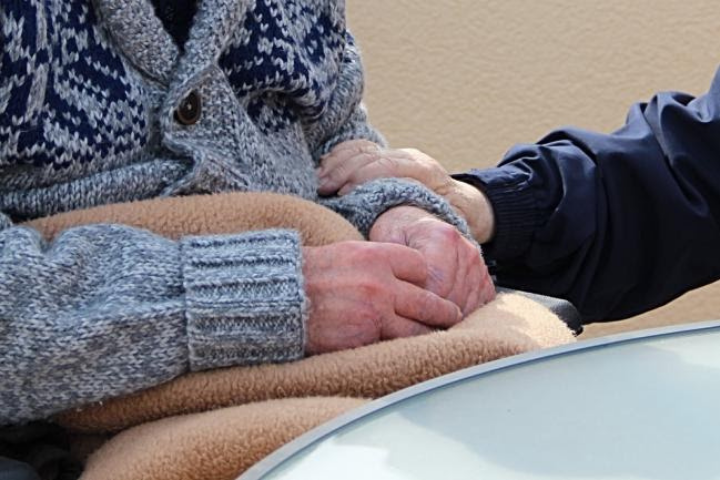
National Office
Please enter the office location/term above to receive results for your closest office as well as information matches
The Covid-19 pandemic has shaken up our lives in ways we couldn’t have imagined at the start of 2020. But some groups have had it worse than others: men, people with chronic illnesses, and those from black and ethnic minority backgrounds are particularly vulnerable to the virus.
It is older people, however, who have been hardest hit: nearly nine in ten deaths from Covid-19 have been in the over-65s. Perhaps most shocking is the way that the virus has swept through care homes, which by mid-June accounted for 20,000 deaths in the UK from the disease.
The one answer lies in a letter that NHS boss Simon Stevens sent to all hospitals in England on March 17th. The letter told them they should “urgently discharge” all in-patients who were medically fit to leave, to free up beds for coronavirus patients.
Normally, older people admitted to hospital following a fall, or with a relatively minor problem such as a chest infection, would be discharged to their own homes with a package of care after an assessment by the local authority.
Instead, local authorities responded by block booking beds in local care homes but with no plan to provide rehabilitation once there. Neither hospitals nor care homes were told that patients should be tested for Covid-19 before being discharged. This meant that some were admitted to care homes while infected with the virus – which was then able to spread to the home’s other residents, the very group of people most at risk of dying from the illness.
Local authorities were able to block book care home beds because the Coronavirus Act (2020) removed their obligation to complete their standard care assessments, if it wasn’t practicable to comply – though local authorities have interpreted this relaxation of the rules more liberally than was intended. As a consequence, many people who require support have been left with no entitlement to care, at a time when their care needs have increased due to containment measures. The Act states that local authorities must provide care if not doing so would amount to a human rights breach. However, having such a low threshold for what support councils must provide leaves many older people at risk of harm. It is also unclear how a local authority operating with a reduced level of service can provide such human rights assessments.
The Government and local authorities are accountable for the terrible consequences faced by some older people and their families. The decision not to test for the virus means many older people have died unnecessarily. But that’s not the only consequence. Older people who should have returned to the comfort of their own homes and a tailored care package of care have, instead, been placed in a care home they haven’t chosen or need. Once there, they are less likely to return to the level of independence they previously had as there are limited opportunities for rehabilitation focused care.
Even worse, lockdown meant care home residents are denied contact with their own family, other than over phone or video link. Discharged from hospital, they have been forced into an unfamiliar living space with strangers. Even if they are free from the virus on discharge, they risk contracting it in the care home. It is only recently that a slight easing of restrictions has reunited some residents with one or two members of their families, but the greatest sadness is that many people have died away from loved ones and surrounded by people they don’t know.
Lockdown and social distancing measures are now easing but Covid-19 has not gone away. Would we dream of sacrificing any other group for the sake of the economy? It seems unlikely. Yet people over 65 are thought to contribute £61 billion a year to the economy through employment, informal caring and volunteering. Lifelong contributions in tax and National Insurance, together with priceless contributions to our families and culture also mean they should have as much right to be protected and looked after by the NHS as anyone else. We seem to have decided that older people are dispensable. By talking about Covid-19 as a problem that mostly affects older people, we minimise its importance, and create a divisive narrative that young people are being asked to make too greater sacrifices to protect more vulnerable members of society. At the same time important information, such as advice on how to look after ourselves, or updates on easing of the lockdown restrictions, are often distributed digitally, in ways that may be inaccessible to older people – the group most in need of this information.
Gandhi once said that the true measure of a society is how it treats its most vulnerable members. The Covid-19 crisis shows just how much we’ve fallen short.
If you would like to find out more about Radfield Home Care and the care support services offered, you can visit www.radfieldhomecare.co.uk or contact the branch directly on [email protected] or 01424 559 202
Get in touch with your local Radfield Home Care office today and find out more about the support we offer and the difference we can make.